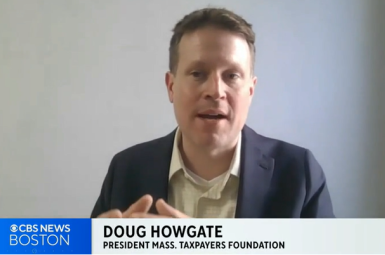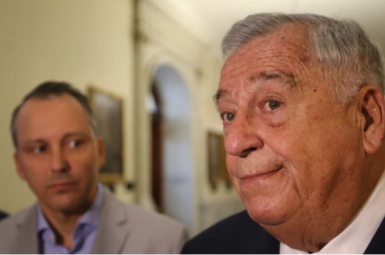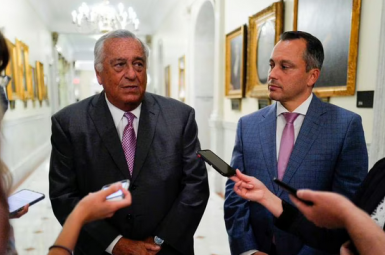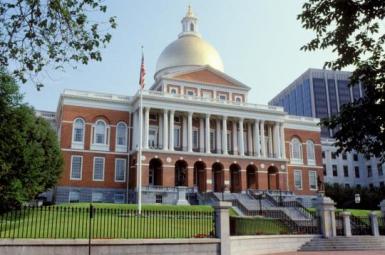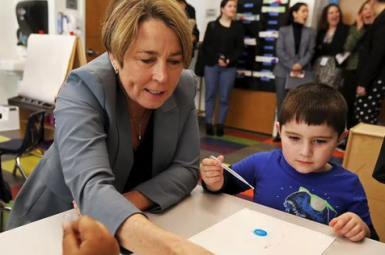And if that move will generate a big backlash, you wouldn't know it from the reaction of the business-backed Massachusetts Taxpayers Foundation.
"The most important thing is that as we collect more tax revenue than any reasonable person would have expected, we're giving back that tax revenue to taxpayers," MTF president Doug Howgate said.
